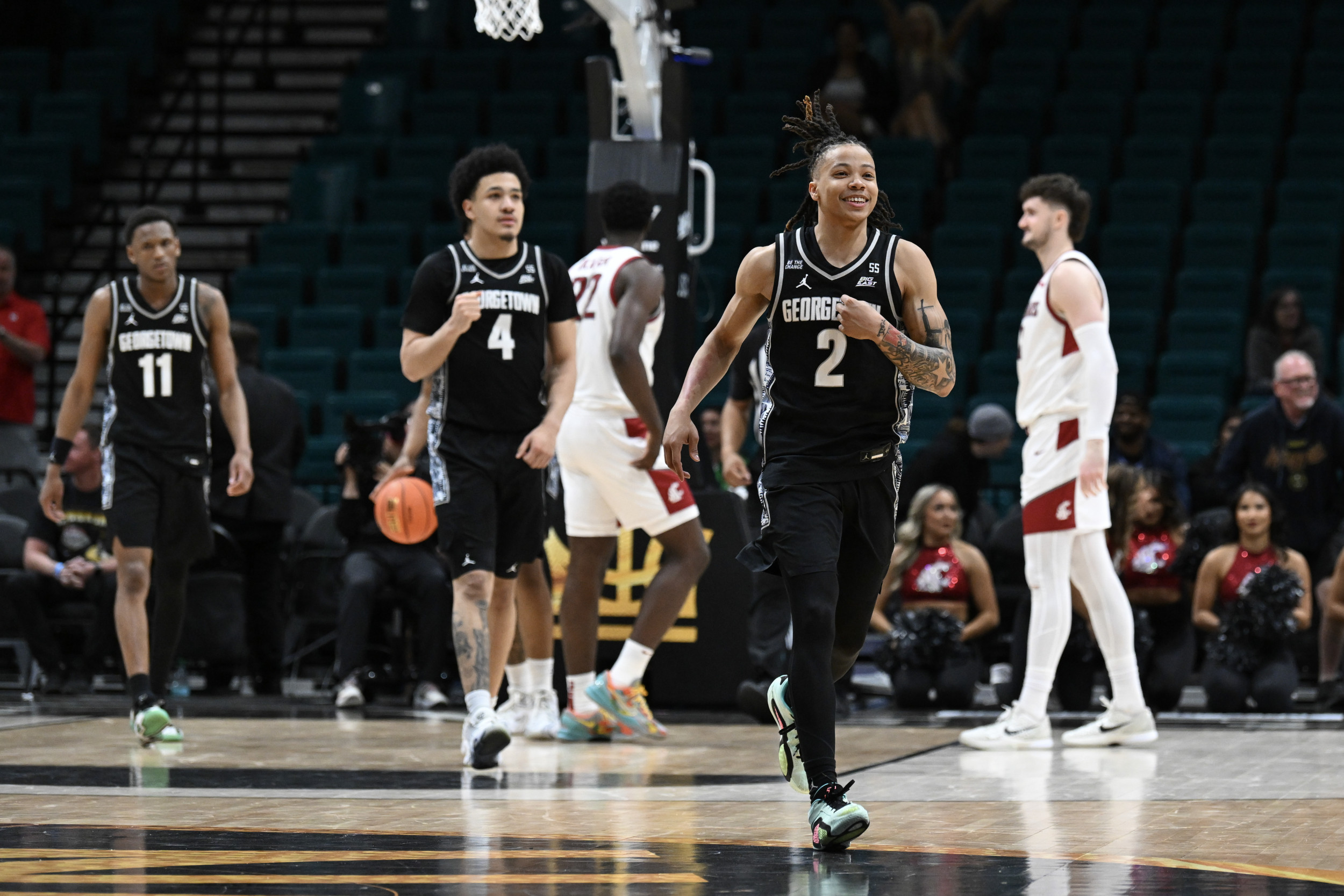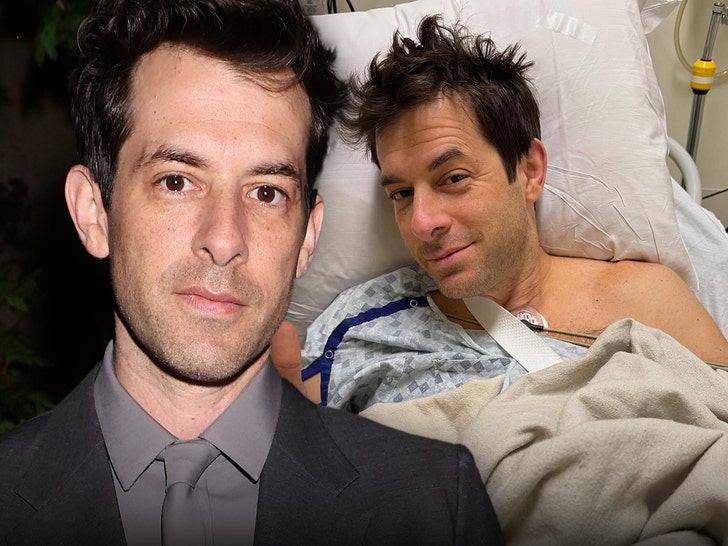
The Executive Secretary of the International Supreme Council for Peace Africa, Ambassador Simeon Uwah, has highlighted the remarkable sacrifice made by former President Goodluck Jonathan in conceding defeat during the 2015 general elections. Uwah described Jonathan’s decision as one of the most defining moments of democratic maturity in Africa. In the 2015 general elections, Jonathan made history by conceding defeat to former President Muhammadu Buhari in a fiercely contested race.
This unprecedented act stunned Nigerians and captured the attention of the world. Speaking to journalists in Uyo on Monday, exactly 10 years after the event, Uwah emphasised that Jonathan’s decision to peacefully hand over power serves as a valuable lesson for African leaders who, in times of turmoil, choose to cling to power rather than prioritise peace. “On March 31, 2015, exactly 10 years ago today, former Nigerian President Goodluck Jonathan made history by conceding defeat to Muhammadu Buhari after a fiercely contested presidential election,” Uwah said.

“In an era where political leaders across Africa often resort to violence, electoral disputes, or unconstitutional maneuvers to hold onto power, Jonathan’s concession stands as one of the most defining moments of African democratic maturity. It was a turning point, and Nigeria’s democracy was draped in bright colors.” Uwah further noted that Jonathan’s now-famous phone call to Buhari to offer congratulations was more than just a gracious acknowledgment of the election results.
It was a deliberate act of commitment to peace, democracy, and national stability. Related News PDP hails Jonathan at 66 Pictorial: Atiku, Jonathan, others attend Yusuf Buhari's wedding Buhari meets Jonathan, calls for resolution of Mali's political crisis “His phone call to Buhari was not merely a gesture of sportsmanship—it was a purposeful step towards ensuring peace. This single act helped avert post-election violence, saved countless lives, and strengthened Nigeria’s democratic standing on the global stage,” Uwah added.
He emphasised that Jonathan’s decision should serve as a model for Africa, particularly as the continent continues to face political crises. “As Africa grapples with military coups, disputed elections, democratic backsliding, and the entrenchment of authoritarian regimes, Jonathan’s approach remains a crucial blueprint for democratic governance and reforms,” Uwah said. “With political instability on the rise across the continent—from Guinea to Sudan, Gabon to Burkina Faso—instituting patriotic and democratic leadership is not just optional, it is imperative.
If this direction is not followed, Africa risks facing even greater challenges.” Uwah also suggested that Jonathan’s peaceful concession should be taught as a case study in governance and leadership training for African leaders. He called on the African Union and the Economic Community of West African States to institutionalise peaceful handovers and leadership transitions as democratic standards to safeguard the continent’s democracy from collapse.
“Political transitions should be collaborative, not adversarial,” Uwah urged. “Future leaders must embrace bipartisanship and national reconciliation as core principles of governance.” He concluded by recalling Jonathan’s words from that pivotal moment: “My ambition is not worth the blood of any Nigerian.
” Uwah called for African leaders to adopt this mindset—not just in rhetoric but in practice—moving forward..











